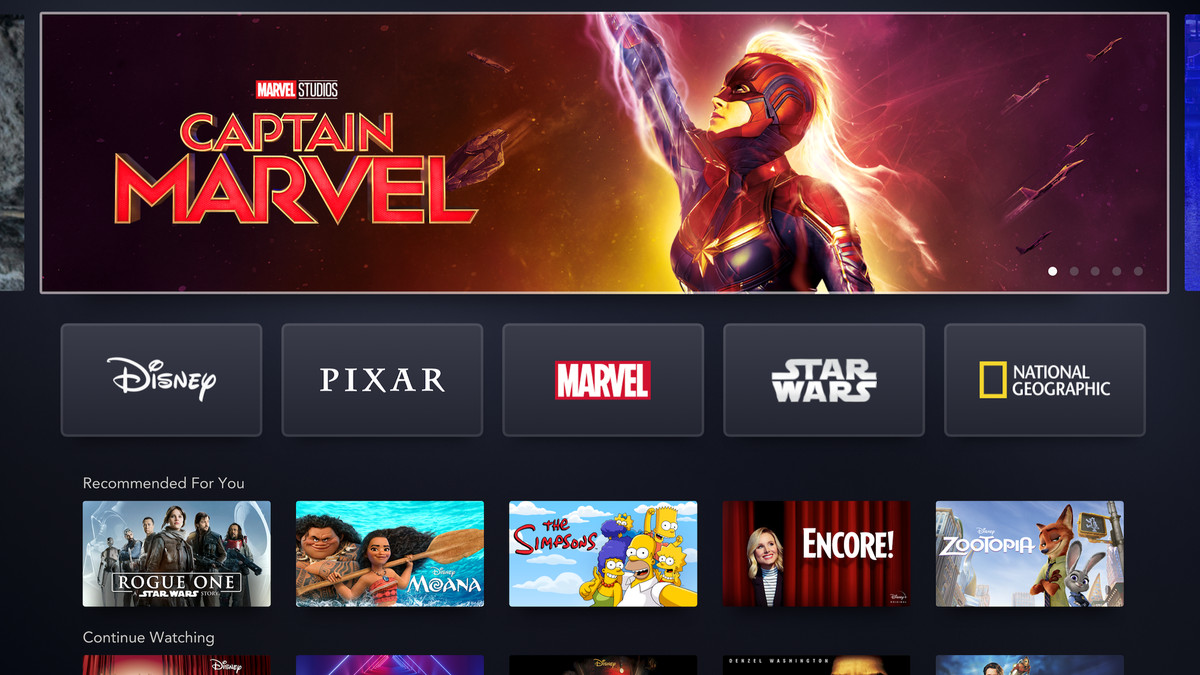
You've likely seen a few fads on television shows like Survivor, This is Your Life and Deadliest Catch if you're a TV fan. But what are the true definitions of these shows? There isn't a set of guidelines, so there's no right answer. Some production companies are very aggressive and make great shows. However, others are gentler and take a more compassionate approach with their talent.
Fake TV shows
A fake TV series is one whose premise has been fabricated. The storyline is a parody of something else. It's usually outrageous or unrealistic. There are many fake TV shows. However, this type show is meant to poke fun at television and junk food 24 hours a day. Many movies try to make it seem better than TV.

Survivor
Survivor has been a hit for decades. But, viewers are still drawn to it. This reality show features real people competing for real prizes. However, producers and directors must balance safety with creating an engaging storyline for their viewers. You can expect manipulative editing and questioning techniques.
This is Your Life
This is Your Life is a popular American television series hosted by Ralph Edwards. It aired initially on US radio, in 1948. Later it moved to NBC television. In the United Kingdom, it was broadcast for the first time on BBC Television in 2005. It began as a monthly or fortnightly series. By the third season, it was a weekly feature. The show was adapted for the internet, where viewers can rate their favorite episodes and cast votes.
Deadliest Catch
The cast and crew at Deadliest Catch are obviously well-meaning but they are not responsible to ensure the highest quality television production. Instead, the Discovery Channel's production team selects the "good and bad" characters and edits their footage to tell a compelling story. The episodes feature fishermen boarding fishing boats, heading for the ocean and returning to shore. Film crews spend much of their time at sea to collect footage and then edit it together to make the perfect sequences.
Ice Road Truckers
If you've ever watched an ice road truckers real show, you may be amazed by the dangers these drivers face. The documentary follows truck driver as they drive over icy lakes and on icy highways. Trucks carry supplies to miners on the Canadian tundra. These truckers can get stuck at any time and may take hours to get help. The challenges faced by these truckers are not uncommon in trucking.

Million Dollar Listing Los Angeles
Million Dollar Listing is the TV show that follows an ambitious young real estate agent as she rises to the top of Los Angeles' real estate market. Selling high-end homes requires charm, business savvy and good looks. Los Angeles' housing slump may have an impact on the business prospects of agents. How will this impact their personal lives? Will the show's popularity ever end? Watch to find out. This show premieres on April 14.
FAQ
Does TV affect sales?
Because TV allows customers to see the products available, it can affect sales.
People often compare prices before purchasing a product. People often look at product advertisements and think, "I wonder how I can afford that?"
What Is a TV Spot?
A TV spot (usually 30 seconds) is an advertisement that is shown between the programming segments of a television channel.
Most channels will show several TV spots each day. Each TV spot typically contains a single topic or theme and is often designed to promote a specific brand or company.
Television commercials can not only be used to promote products and services, but they can also serve to promote political campaigns, charities, events, movies, music videos, and other charitable causes.
Do advertisers spend a lot of money on TV?
Advertisers spend a lot to promote their products on television. Advertisers spend a lot of money to get consumers to buy their product.
This is done by investing money in research to discover what people love and don't like about their products.
These data are then used to design ads that appeal and attract consumers by advertisers.
How does TV Advertising work
Television advertising can be a powerful way to reach consumers who watch television. It's also cost-effective. Commercial breaks are the most common form advertising on television. These commercial breaks last 30 seconds, but they can sometimes be longer if there's a special event like a sporting match or awards ceremony. Companies sponsor commercials in order to promote their products. They pay for airtime during these breaks. Some commercials contain product information, while others just show images and music. In addition to this, many programs now have 'product placement' where brands appear within the program itself. It could involve a brand appearing on a scene that shows how their product could work or giving background information about it.
How TV ads are measured?
Advertising agencies measure the effectiveness by measuring how many people see an advertisement. Advertisers also assess whether they reach their target market.
They use surveys to find out if viewers remember seeing the ads. If they answered yes, they are sure they saw the ad.
If they answer no, they know that they weren't exposed. This gives them an indication of how effective it was at reaching their target market.
Statistics
- 93 percent of American adults listen to the radio over the course of the week. (marketingevolution.com)
- To get estimated costs for airing a 60-second TV commercial in different regional markets, check out the following figures in this TV ad pricing chart from the media experts at Casual Precision. (fitsmallbusiness.com)
- In fact, 76% of people completely skip the commercials while watching their programs. (qualitylogoproducts.com)
- Video-ad views on OTT (over-the-top) devices grew 63% year over year in Q3 2016, and the trend is expected to continue, further crippling traditional TV advertising. (clearcode.cc)
- This includes 97 percent of Gen X, and 95 percent of Millennials. (marketingevolution.com)
External Links
How To
How do I buy TV time?
First, make sure you have an idea of a show that people would enjoy watching. You don't have to buy airtime if you don’t have an idea. You can always pitch ideas to local stations. They are often open to original content.
If you are fortunate enough to find a station offering free airtime, start researching their past work. Look into the past to see if you can learn anything from them.
The next thing to do is to write a script. Be sure to structure it and write well. It doesn't matter how long it takes to write as long as it's completed within a reasonable amount of time.
Finalize the script and send it to your station. Tell them who you are, why you think this show would be successful, and what kind of format you'd like to go for.
It is likely that you will also be asked for references, such as other shows they have produced, and examples of scripts you have written in the past.
If you receive a response, it will let you know if the show is possible. You can contact the show's producer directly to receive a response.